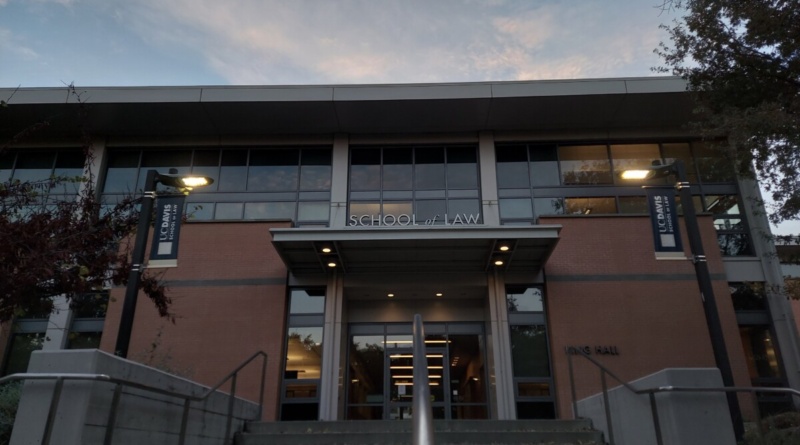Discrimination and diversity in university admissions
PHOTO: The UC Davis law school was the center of a 1978 lawsuit concerning affirmative action: Regents of the University of California v. Bakke.
By Juna Brothers
BlueDevilHUB.com Staff––
Harvard University and the University of North Carolina are currently being examined by the Supreme Court for their consideration of race as a factor in their admissions in a process known as affirmative action. The plaintiff for the paired lawsuits is the organization Students for Fair Admissions, which claims that the universities are discriminating against Asian American applicants.
The 2003 decision Grutter v. Bollinger, which validated affirmative action programs in private college admissions programs as long as race was a single factor among many, will likely be overruled by the Court’s conservative majority by this summer. The decision could ban private institutions from asking applicants about their race, but would probably not prohibit the discussion of race and racial identity in personal essays.
Affirmative action programs have been employed to create more diverse campuses, offering greater opportunities for students whose racial identities have been historically excluded from higher education.
Aaron Tang, a UC Davis law professor, believes that institutions have to make decisions between applicants, whether or not race is included.
“People learn better when they are around people from different backgrounds. Race affects people’s experiences and outlooks, colleges should be allowed to consider that,” he said.
Tang doesn’t believe the alleged discrimination against Asian Americans is the real problem being addressed by the lawsuits.
“The Asian American aspect of the case is a red herring (meant to) drive a wedge between groups of minorities,” Tang said.
Steven Zhang, a Chinese American junior at Davis High, agrees with Tang.
“Asians are being used as a weapon by white people against other minorities, but people need to realize that the problem is the institution itself,” Zhang said.
Senior Ciena Barrera just finished submitting her college applications, including several private institutions that use affirmative action in their admissions. She identifies as Chicano, a demographic that has been historically underrepresented and excluded from higher education.
“I think it’s interesting that the cases were brought up by an (organization) with the name Students for Fair Admissions. They say they want equality but that’s hard if you still have social inequities that are very closely linked to race,” Barrera said.
Students for Fair Admissions conducted an analysis of over 160,000 Harvard applications, reporting that in comparison to applicants of other races, Asian American applicants scored higher in the university’s rating system on measures like grades, standardized testing scores, and extracurricular involvement. However, they were consistently rated lower on personal qualities like courage, kindness, and likeability.
“When you’re talking about a super selective place like Harvard…the systematically lower test scores of certain minority groups suggests that (not) everybody is competing for the same position, that realistically, Blacks are competing against Blacks, and whites are competing against whites, and Asians are competing against Asians, and there are differences between those groups—that’s the argument (of Students for Fair Admissions),” said Jack Chin, another UC Davis law professor.
Senior Ethan Chen sympathizes with Students for Fair Admissions. He identified himself as Chinese on his applications to many selective institutions, including Harvard. “No matter what I put, (admission officers) would know I’m Asian because of my Asian last name,” Chen said.
Although Chen is an accomplished cellist, he feels that this doesn’t make him stand out because it is a standard extracurricular for “stereotypical Asian students.”
“I feel that being an Asian, I need to differentiate myself (because of) the sheer number of high-achieving Asian students with similar profiles,” Chen said.
Chin, along with 120 other Asian American groups and educators, signed a written argument submitted to the Supreme Court in favor of race-conscious admissions at Harvard. But that doesn’t mean he thinks the university is innocent.
“I am suspicious that there is an Asian penalty, (but) I am certain that there is some kind of corruption going on in the admissions at Harvard,” Chin said.
Chin believes that affirmative action is a “zero-sum game” and that although historically excluded groups should be included, it is damaging to say that some groups are too successful.
“It’s in everyone’s best interests to prevent and minimize discrimination against any group,” Chin said.




